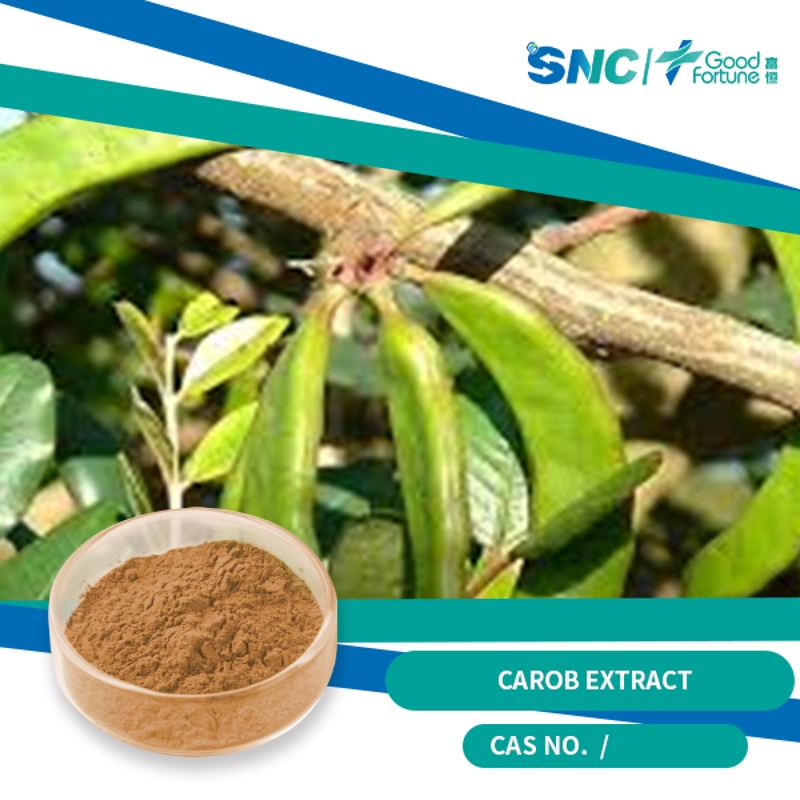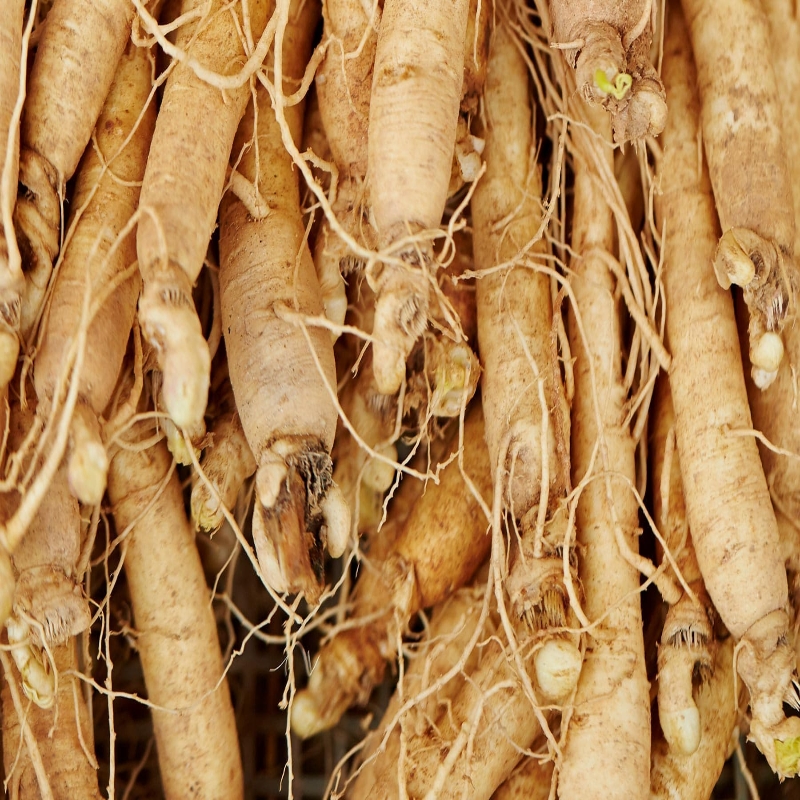Chinese scientists successfully use rice to produce human serum albumin
-
Last Update: 2012-01-30
-
Source: Internet
-
Author: User
Search more information of high quality chemicals, good prices and reliable suppliers, visit
www.echemi.com
Rice is one of the main food for human beings Now it has another function: Chinese scientists have successfully developed the technology of using rice to produce a key human blood component This blood component is called "human serum albumin" (HSA), which is used to treat excessive blood loss caused by severe burns, cirrhosis and other reasons in clinical practice It is also used in the production of drugs and vaccines It is an important and scarce resource in the world The current way of obtaining HSA comes from human donated plasma However, the research of Professor Yang Daichang's team in China shows a bright future: large-scale production of recombinant human serum albumin by transgenic rice How on earth did they do it? How far is it from the laboratory to the market? HSA produced by rice is the same as that produced by plasma Who could have thought that rice could produce human blood components? But that's how amazing science is After six years of hard research, Yang Daichang, a professor in the school of life sciences of Wuhan University, led the research team to make a breakthrough in the research and development of plant derived human serum albumin, which can replace plasma derived human serum albumin Their research was published online in the proceedings of the National Academy of Sciences (PNAs) on October 31, 2011 Once published, the paper entitled "mass production of recombinant human serum albumin by transgenic rice" immediately attracted the attention of famous media including nature online news page, Los Angeles Times, time and so on At present, most of the common human serum albumin is extracted from human plasma This production mode is not only limited by the plasma supply, but also has the high risk of virus transmission It has become a trend to replace blood products with recombinant human serum albumin in the world, and the domestic market demand is also increasing year by year However, the large-scale production technology and quality control technology of high-purity recombinant human serum albumin is a worldwide problem The HSA produced by transgenic rice developed by Yang Daichang and his colleagues is equivalent to the HSA from human plasma This kind of equivalence is not only the same in chemical and physical properties, but also very similar in medical and immune response experiments In experiments on rats with cirrhosis, HSA from both human plasma and rice proved to be equally effective in alleviating cirrhosis related symptoms Moreover, HSA from rice showed better safety than that from plasma HSA and blood are different concepts "The reason why this paper has been widely concerned by the international media is that I think the biggest bright spot is to prove that the recombinant human serum albumin from plants has a high degree of equivalence with the plasma serum albumin from clinical use, and its large-scale production process has great practical significance This provides a credible solution for the increasingly tight plasma supply, which is not only a technological innovation, but also an economic innovation " Professor Yang Daichang said in an exclusive interview with this newspaper Major foreign media competed to report the innovative research, and the headlines were generally striking For example, the title of online news on Discovery Channel in the United States is: "does blood come from stone? No Blood from rice? Sure " Time's headline is: "bleeding from a grain of rice?" However, in Professor Yang's view, strictly speaking, human serum albumin and blood are two completely different concepts Human serum albumin is a protein component extracted from blood, not blood "Therefore, the production of HSA from rice cannot be understood as hematopoiesis from rice." He said One mu of transgenic rice is equivalent to 200 blood donators The reason why scientists need to spend time and effort to search for alternative sources of human serum albumin is closely related to the special efficacy of human serum albumin and the contradiction between supply and demand in clinical application Human serum albumin is an important protein in human body, accounting for about 30% of the total blood volume of healthy people Medical human serum albumin (HSA) injection is a thick yellowish liquid, which is called "life-saving medicine" It is widely used in shock caused by insufficient plasma volume before and after surgery, such as hemorrhage, trauma and burn, and hypoproteinemia caused by brain edema, cirrhosis, nephrotic syndrome, ascites and other reasons In addition, human serum albumin, as an artificial plasma substitute, can supply a lot of blood loss in battlefield, surgery and accident In addition, HSA is also used in vaccine production At present, the contradiction between the supply and demand of human serum albumin in the world is increasingly obvious According to Professor Yang, the clinical application of human serum albumin in China is about 120 tons, and vaccine production is about 30-40 tons The total annual demand is 150-160 tons Global annual demand is as high as 500 tons With the policy of "prevention first" vigorously promoted in China, the demand for vaccine production may increase by 15-20 tons According to the survey, only 1 / 3 of the original production line of human serum albumin extracted from plasma is supplied in China, which causes the shortage of albumin supply in China If plants are used to produce human serum albumin, it will open up a broad way to alleviate the contradiction between supply and demand According to the "products" harvested by the research group of yangdaichang at present, the content of serum albumin in a rice seed accounts for more than 10% of the soluble protein, and 2.75 g of serum albumin can be extracted per kilogram of rice, which is considered to be of great economic value in the industry According to this estimate, about 1 kg albumin can be produced per mu of rice If a person can donate 200 ml of blood at a time, the amount of human serum albumin produced by one mu of transgenic rice is equivalent to that of 200 people Why can rice produce the serum albumin that people need? In short, it is to transfer human serum albumin gene into rice, and make transgenic rice as "bioreactor" to produce human serum albumin Here, GM rice is just a borrowed "production site" "A bioreactor can be popularly understood as a 'production workshop', which uses the cells of a certain species as a 'protein production workshop' to produce proteins of human beings or other species." Professor Yang said vividly More specifically, it is to insert the gene of HSA into a certain chromosome position of rice through the technology of genetic engineering to form a new rice variety In the process of rice growth, the exogenous gene uses the "raw materials and machines" of rice cells to produce the protein In the process of rice ripening, human serum albumin is continuously synthesized and accumulated in the endosperm of rice "Our rice is to introduce human serum albumin gene into rice cells in this way, and use rice seeds to produce human serum albumin." Professor Yang said However, is rice the only plant selected to produce HSA? Professor Yang said that was not the case In theory, plant cells can be used as "bioreactor", but rice is the best in genetic transformation technology, biosafety and other aspects In addition, "it's OK to use animal cells as bioreactors, but the cost of production is relatively high, and scale-up is not as easy as rice." Professor Yang said Previously, rice endosperm has been used to make other human proteins, including lysozymes and iron transfer proteins, which are present in human body fluids such as milk and saliva However, it is the first time to make serum albumin from rice Moreover, if it is proved to be feasible finally, it is more efficient and safer to make serum albumin from rice than to collect plasma "The production of human serum albumin from transgenic plants can avoid contamination in blood transfusion and the risk of virus transmission through blood However, using recombinant DNA technology to produce human serum albumin is low in production, high in cost, and difficult to scale, which are three problems restricting the industrialized production of albumin " Professor Yang said In general, rice may be the best "factory" for recombinant protein so far Dispute: is it safe to use transgenic technology? Human serum albumin (HSA) is produced from rice Because of the transgenesis involved, some people worry that the rice specially used to make protein will enter the biological chain and food chain, endangering the ecological and personal safety But Professor Yang believes that China has a series of complete evaluation and supervision systems for the safety of genetically modified organisms At present, they have carried out small-scale planting in accordance with the requirements of relevant laws and regulations of our country At the same time of strict isolation, they have established relatively perfect measures to prevent entering the food chain In addition, on how to control the spread of pollen, the research team adopted strict geographical isolation in accordance with national regulations to ensure its absolute safety "Any science and technology and safety assessment is a balance of advantages and disadvantages Our data show that the human serum albumin produced by transgenic rice is a highly purified human protein, which has a higher safety than the protein produced by other methods, and will not have any other impact on human body and food safety " Professor Yang said Future: it's still a long way to go to benefit the common people Professor Yang said that the biggest difficulty in developing this technology is people's doubt about it "There is a long way to go before this technology can benefit the people The technology is too new to be accepted " Next, Yang Daichang's research team hopes to test the protein from genetically modified rice in clinical trials They are conducting relevant research and will submit the application for clinical trials to the U.S Food and drug administration when completed Professor Yang said that there is still a lot of work to be done from research to clinical application From the scientific level, it is mainly aimed at the safety evaluation of impurities in plant system From the industrial level, this international leading technology has no reference in process scale In addition, from the drug approval level, the corresponding production standards and approval laws and regulations are not perfect, and it is still a long time to obtain the batch number Therefore, "to complete various related studies, it is expected to take two years or more to enter the clinical study, and it may take five years or more to obtain the batch number." Professor Yang said.
This article is an English version of an article which is originally in the Chinese language on echemi.com and is provided for information purposes only.
This website makes no representation or warranty of any kind, either expressed or implied, as to the accuracy, completeness ownership or reliability of
the article or any translations thereof. If you have any concerns or complaints relating to the article, please send an email, providing a detailed
description of the concern or complaint, to
service@echemi.com. A staff member will contact you within 5 working days. Once verified, infringing content
will be removed immediately.







